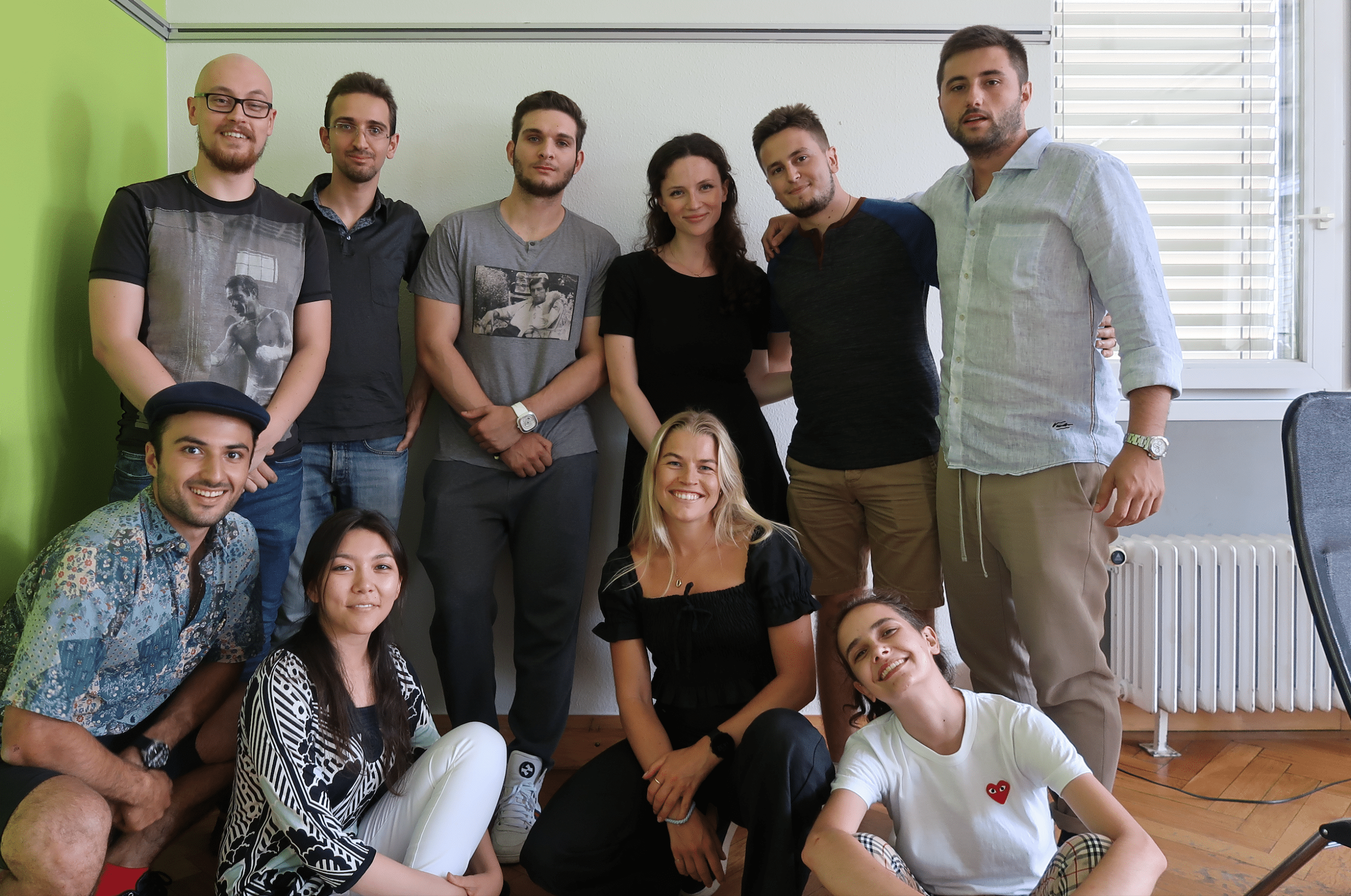
Business Innovation Weeks’ unique recipe is a mix of peer-learning, challenge-based learning, student engagement, 21st-Century skills development, trust, enthusiasm and responsibility.
The Business Innovation Weeks (BIW) occur on the 10th and final week of every term at Business School Lausanne (BSL). The BSL Student Council (StuCo) appoints a committee to create one week of teaching and learning for all BBA and Master students. Any student may volunteer to contribute to the BIW as students may have previous experience or interest in topics proposed. BSL provides a budget to the committee to allow for self-organized event organization. For their contributions, the members of the committee and volunteering students are awarded a grade by the Academic Direction.
In other words, students at BSL are not only actors of their learning, but they are also actors of their own assessment.
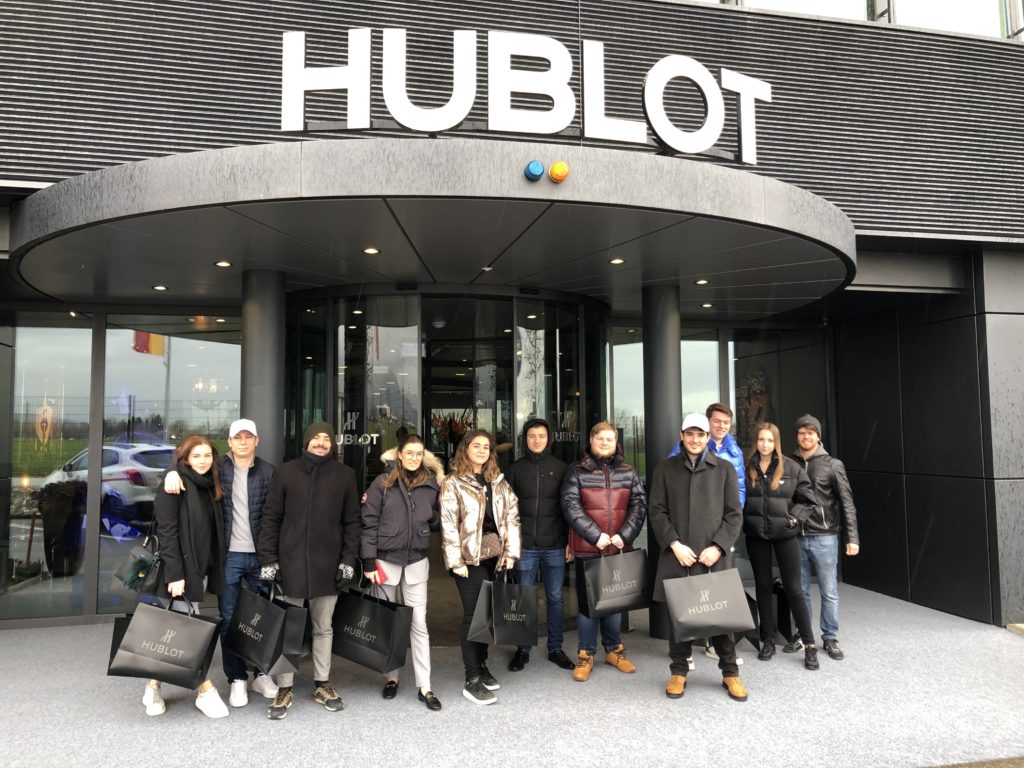
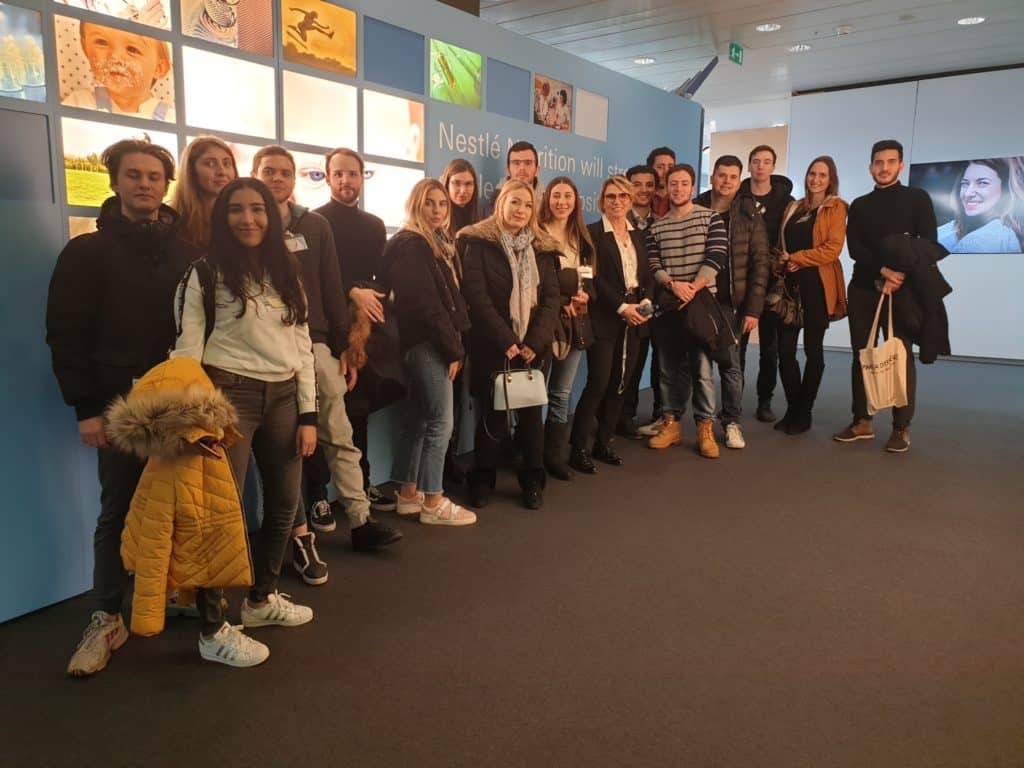
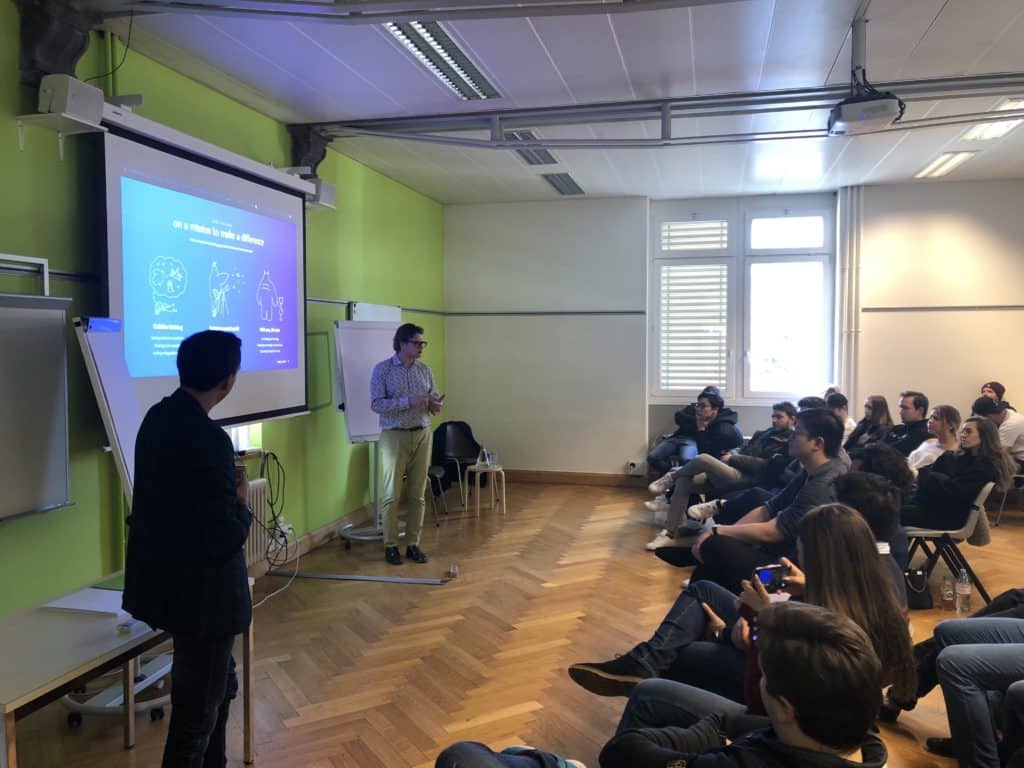
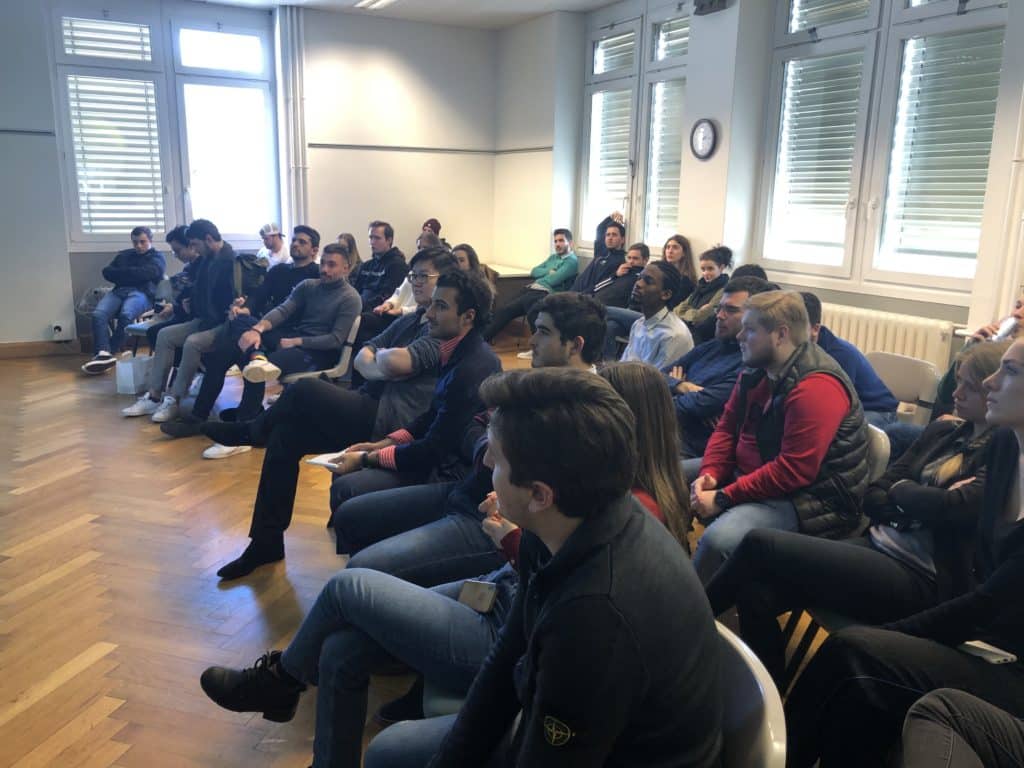
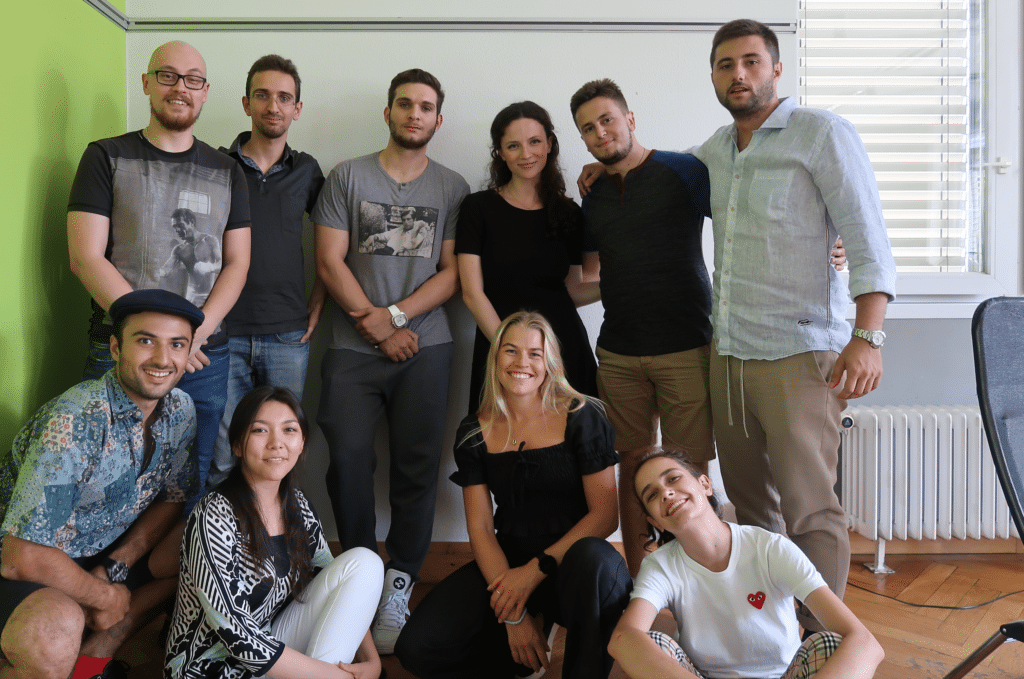
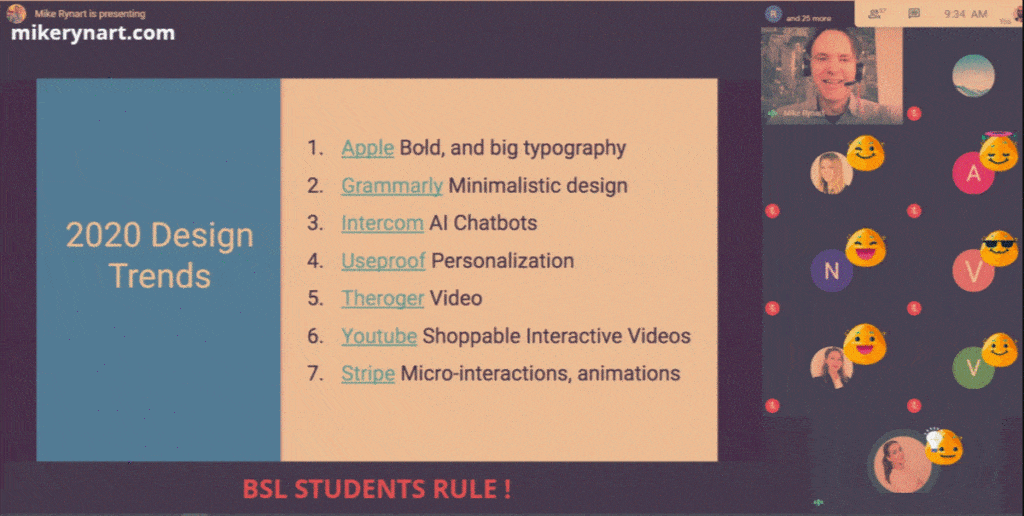
There is no specific format for the BIW, for the weeks’ content is decided in total independence by the students. Typical activities include guest speakers chosen by the students, company visits, team-building sessions, and skilled-oriented training pieces.
As educators, we love the Business Innovation Weeks because they are a great way to uncover the perspectives students care about. Students sometimes build on the topics they have discovered in class, sometimes they explore entirely new horizons, connecting BSL with ideas we haven’t heard about or expressing needs we had not considered.
By external or internal stakeholders, I regularly receive proposals that could fit in the Business Innovation Weeks. My answer is always: “I can connect you to the Students Council, but you will have to convince the students, not me. »
When the COVID-19 crisis broke out, the Business Innovation Weeks swiftly moved online, making the best possible case for BSL students’ capacity and effectiveness to adapt to the unexpected. The need to carry all BSL activities online overnight actually left the BSL Academic Direction with little ability to support the students in finding a solution for the BIW. In these circumstances, the engagement of the students made the difference.
There can be no better proof of the importance of experiential learning. Impactful Business Education is not solely about the validity of the knowledge that students receive. It is also about their ability to use this knowledge to have an impact. We could witness this ability in a real-life context.
Even as Dean of BSL, I have but a consulting role in the future of Business Innovation Weeks, and I cherish this idea. Significant experiential learning benefits from real risk-taking, real mistakes, real doubts, real groundbreaking ideas, real unexpected successes. Because experiential learning aims at future real leaders.

